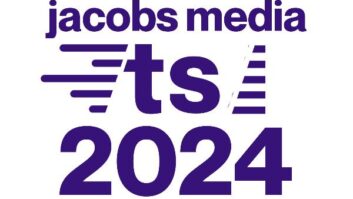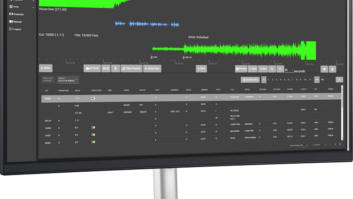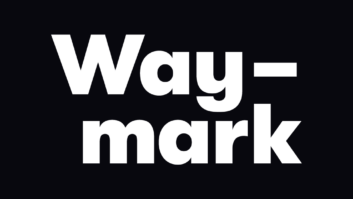Broadcasters believe they’ve got the numbers on Capitol Hill to stop a performance royalty. But supporters of a royalty are keeping the heat on. Expect more such back-and-forth because a Senate panel will hold a hearing on the issue Tuesday.
The musicFirst coalition today released the text of an ad it says has been rejected by Clear Channel and other radio groups and stations.
Jennifer Bendall, executive director of musicFirst, stated this is “further evidence of how corporate radio groups and stations are violating their public interest obligations.” MusicFirst is pushing the Federal Communications Commission to investigate commercial radio on such grounds. It noted that Rep. Henry Waxman, chairman of the House Energy and Commerce Committee, and Rep. Rick Boucher, chairman of the Subcommittee on Communications, Technology and the Internet, have asked the FCC to investigate allegations of broadcaster “misconduct.”
She said Clear Channel reviewed the 30-second script for six weeks before turning it down. The ad features Duke Fakir of the Four Tops. There was no immediate response to a request for comment from Clear Channel.
“Radio stations across the country refuse to air musicFirst ads, threaten artists who support the effort to create a fair performance right on radio and continue to run misleading ads produced by the National Association of Broadcasters — all in an effort to further their own private commercial interests,” the group stated.
Separately, the National Association of Broadcasters highlighted a letter that was sent to colleagues by Reps. Gene Green, Mike Conaway, Solomon Ortiz and Cathy McMorris Rodgers encouraging other lawmakers to support the broadcast position on this issue.
“Just like every other industry, the recording industry is suffering both from the economic situation of this country, but also from the technological changes that have provided a-la-carte music service on iTunes, Amazon.com and other online music services,” the letter states, according to NAB. “But rather than adapting to the new technologies, the recording industry is trying to bite the hand that feeds it by imposing a new tax on its biggest promotional tool, as if free radio were immune to the economic downturn.”
NAB also pointed to a Congressional Budget Office report that it says supports its argument.










